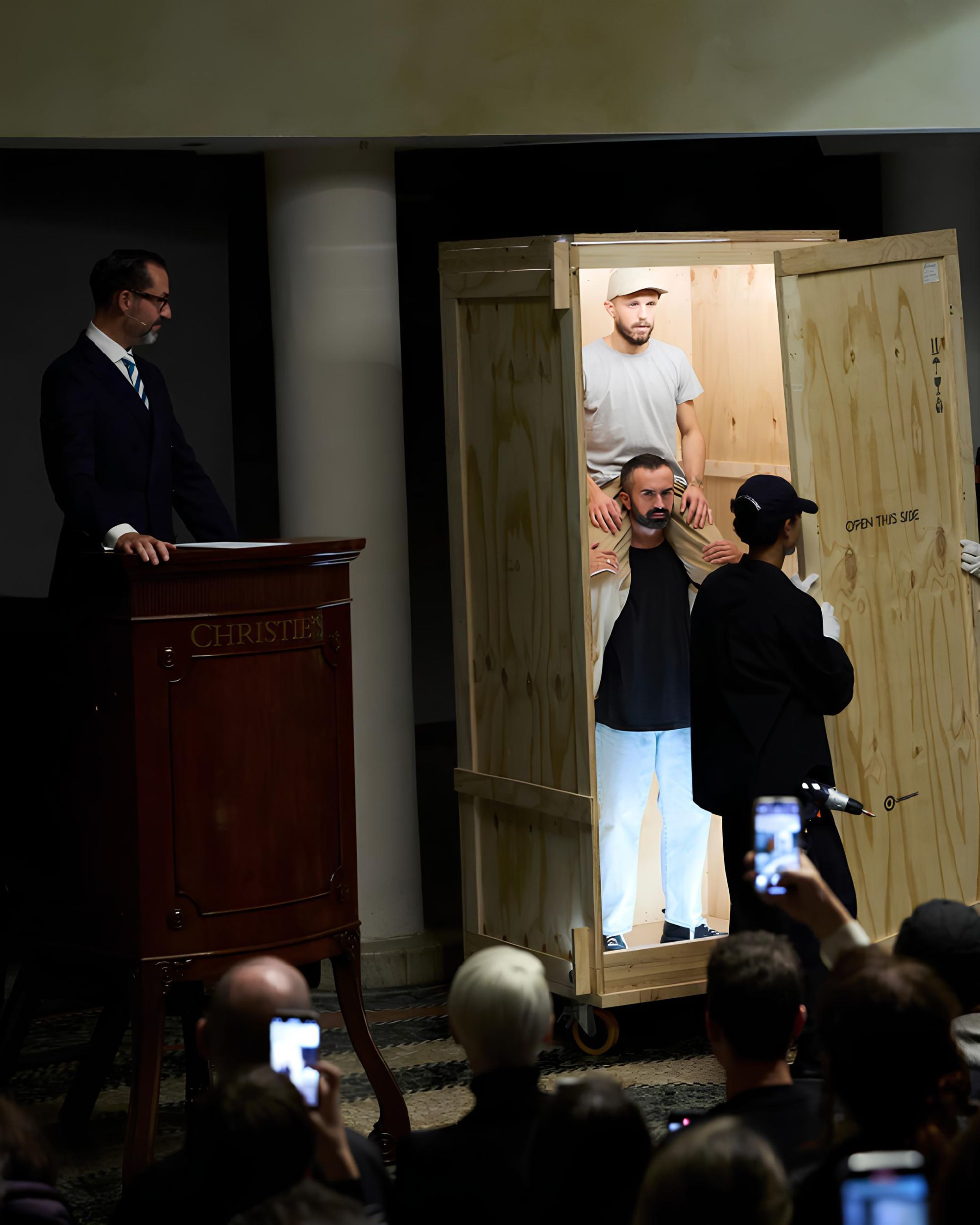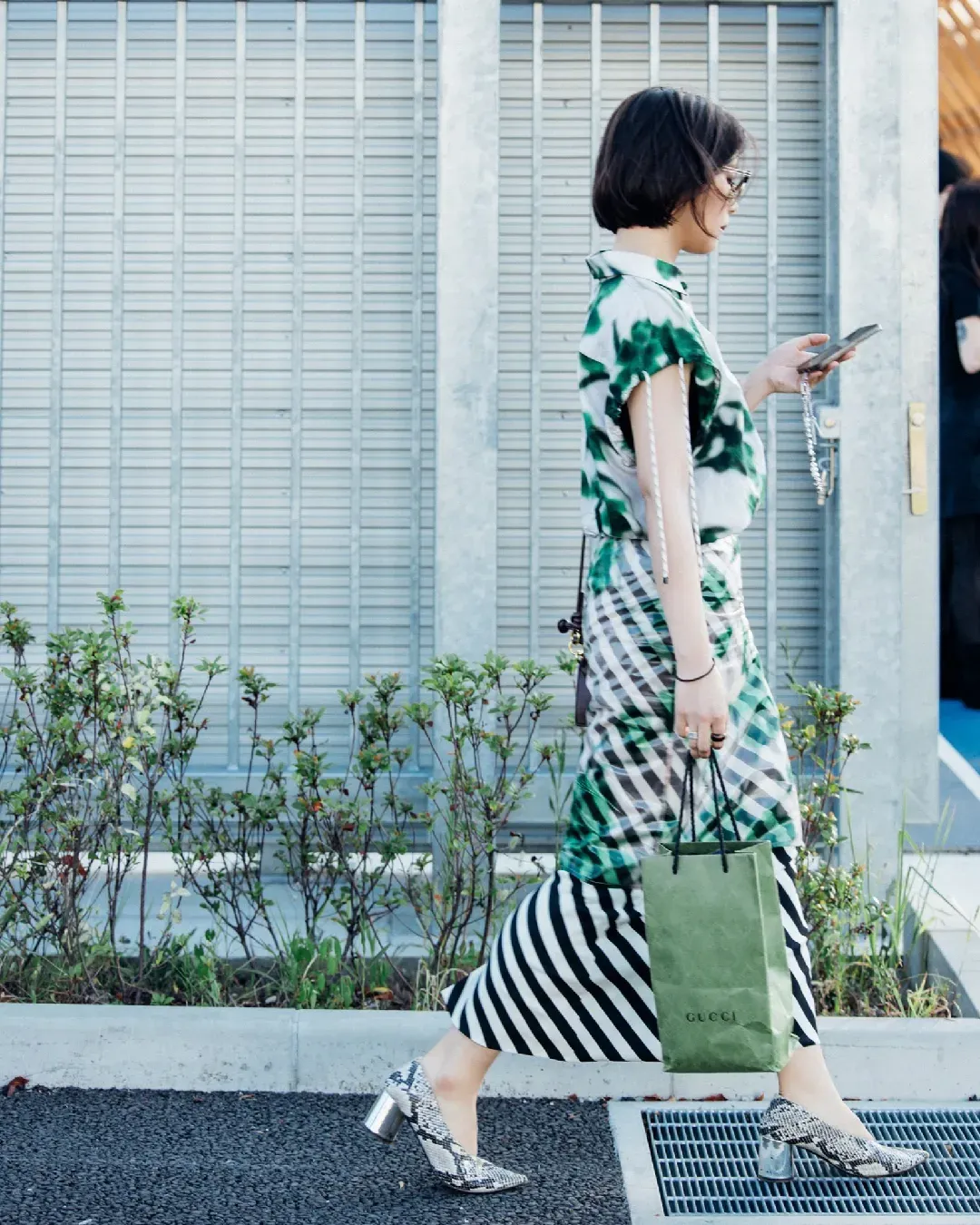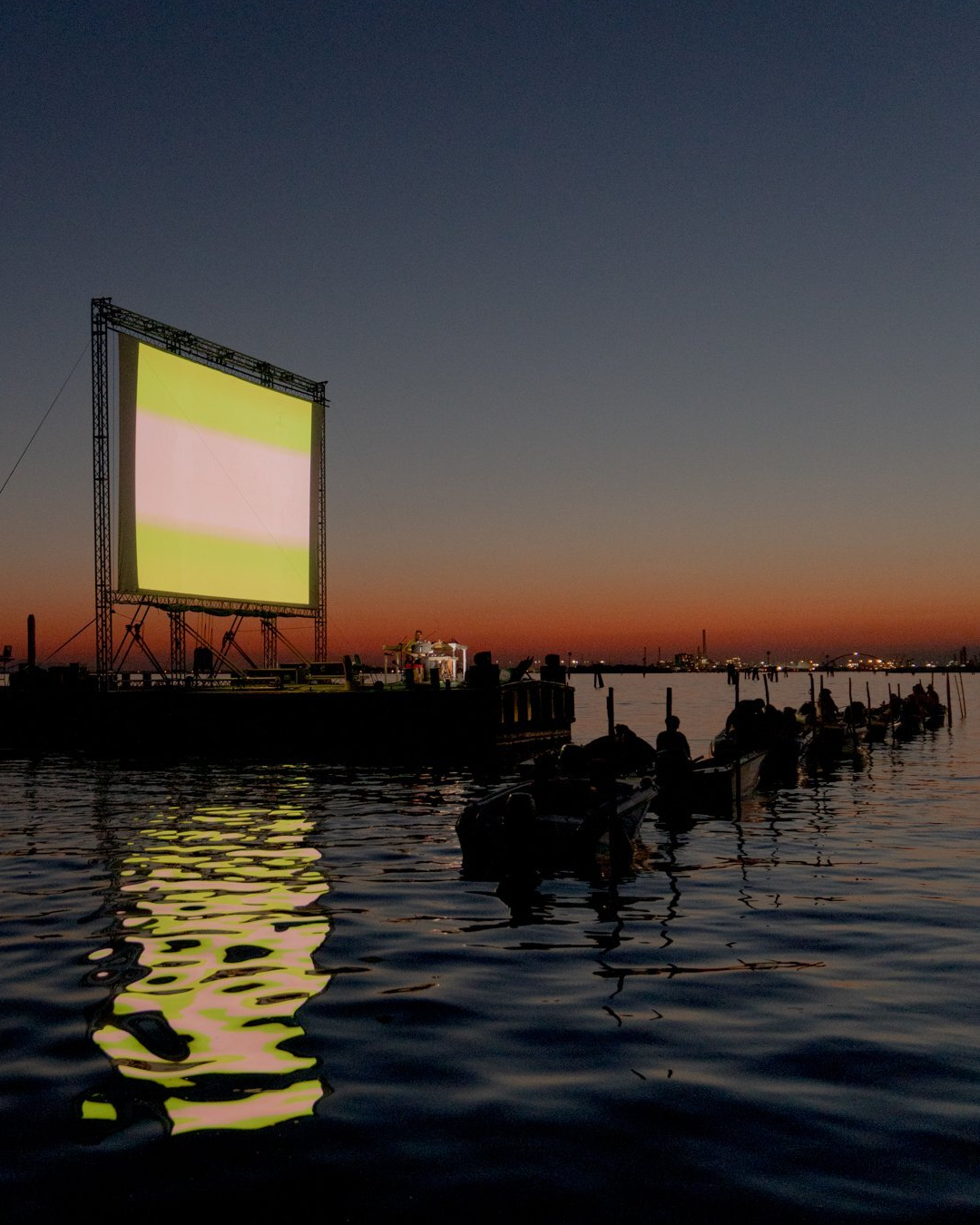
Uber Car banned in Italy for unfair competition Another inexorable step back to the Middle Ages of a Nation unable to keep up with the times
The news came this weekend after the judgment's confirmation by the Civil Court of Rome: the popular Uber transportation service is now unusable in Italy. The order requires the total ban on the use of the American app within ten days, fined ten thousand euro for each day of delay. This is, in fact, the first capitulation of the luxury transportation giant that in Italy is being challenged by the community of drivers since a couple of years.
That between Radio Taxi and Uber is a battle long underwaying in Italy and, after heated protests and induced traffic jams brought forward by Taxi drivers category, seems now to have arrived at a first unexpected conclusion.
The drivers of Uber Black are not subject to "predetermined rates by the competent administrative authorities" and so they can be more "price competitive" according to "market needs" (...) It also criticizes that Uber Black, Van, SUV and Lux services exercise "in fact, a service reserved for taxis", which violates the principles of territoriality.
This stand of the judiciary position projects Italy back in time, bound to a stale law that is not able to change to keep up with times and the latest innovations in the transport market.
The founder of Uber Travis Kalanick declares himself shocked and determined to make an appeal on this measure "based on a now old law that no longer reflects what are the present times" and that, as also noted Kalanick on Facebook, goes in the opposite direction respect to the Milleproroghe decree just approved by the Government that, between the different points, also includes a greater openness towards the car rental business (NCC).
Italy still ranks as an undecided nation, with one foot in the past and one uncertain towards the future, torn between the boost to inclusion required by current times and a bureaucratic culture and state firm on its cornerstones, unable to combine modernity and tradition.















































